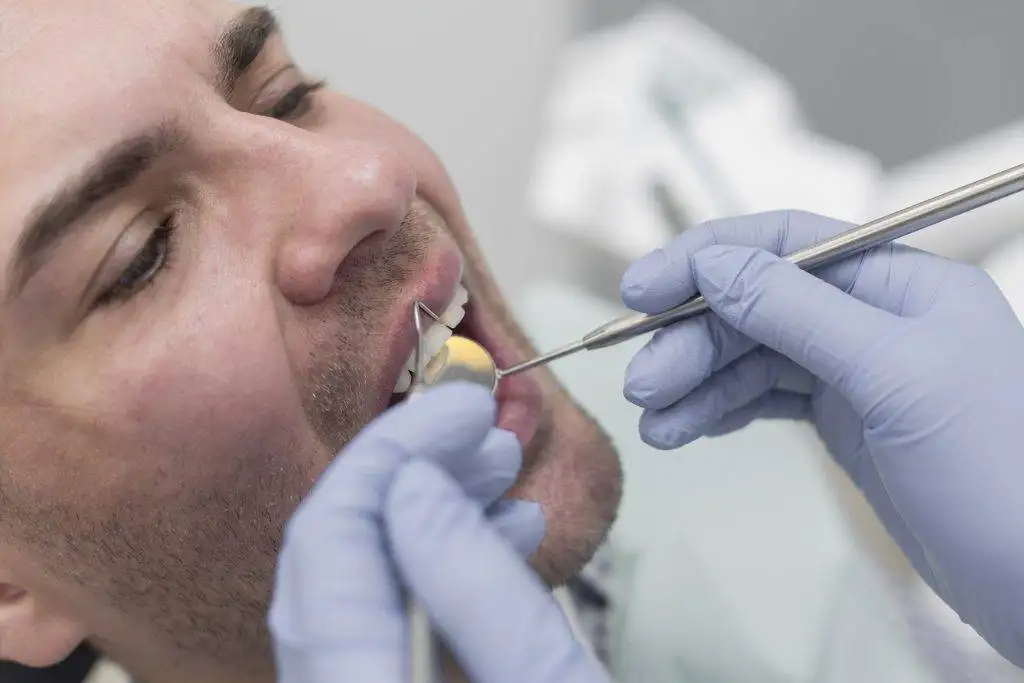
The success of the treatment process is not limited to recovering from the physical illness only, but also extends to include the psychological and social aspects of the patient. To achieve this goal, the efforts of several parties must be combined and work together to create an ideal treatment environment.
Pillars of success in treatment:
- Doctor-patient relationship:
- Trust is key: The patient must feel confident in their doctor and see them as a partner in the treatment journey.
- Effective communication: The doctor must listen to his patient carefully, and explain his health condition and the proposed treatment in clear and simple language.
- Empathy and understanding: The doctor must understand the psychological aspect of the disease, and provide emotional support to the patient and his family.
- Active patient participation:
- Commitment to the treatment plan: The patient must adhere to the treatment plan set by the doctor, take the medications regularly, and do the exercises prescribed for him.
- Proper nutrition: Food plays an important role in the healing process, so the patient must follow a healthy and balanced diet.
- Psychological comfort: The patient must ensure that he gets enough rest and sleep, and that he engages in activities that help him relax and relieve stress.
- The role of family and society:
- Emotional support: The family and community should provide emotional support to the patient, and encourage him to be positive and optimistic.
- Assistance with daily living: The family and community can help the patient perform daily tasks and provide the necessary care.
- Therapeutic environment:
- Hospital: Hospitals should provide a safe and comfortable environment for patients, and care for their psychological and physical comfort.
- Modern technology: The latest medical technologies should be used in treatment, which contributes to improving results and reducing complications.
- Psychological aspect:
- Psychotherapy: Some patients may need psychotherapy to help them adjust to the disease and overcome negative feelings.
- Psychological support: Psychological support can be provided to patients through support groups or psychological rehabilitation programs.
Additional factors that contribute to the success of treatment:
- Health education: Patients and their families must be educated about the importance of disease prevention and how to deal with it.
- Scientific research: Investment must be made in scientific research to develop new and more effective treatments.
- Collaboration between different medical specialties: There must be close collaboration between different medical specialties to provide comprehensive care to the patient.
In conclusion, the success of treatment requires the combined efforts of all parties involved, starting with the doctor, passing through the patient and reaching the family and community. By creating a supportive treatment environment and providing comprehensive care for the patient, we can achieve better treatment outcomes and improve the quality of life of patients.
comments:
- This article may be expanded to include specific diseases or categories of patients (e.g. cancer patients, diabetics, etc.).
- Information about the role of technology in healthcare, such as health apps and wearable sensors, could be added.
- The importance of disease prevention can be emphasized, and people can be encouraged to adopt a healthy lifestyle.





